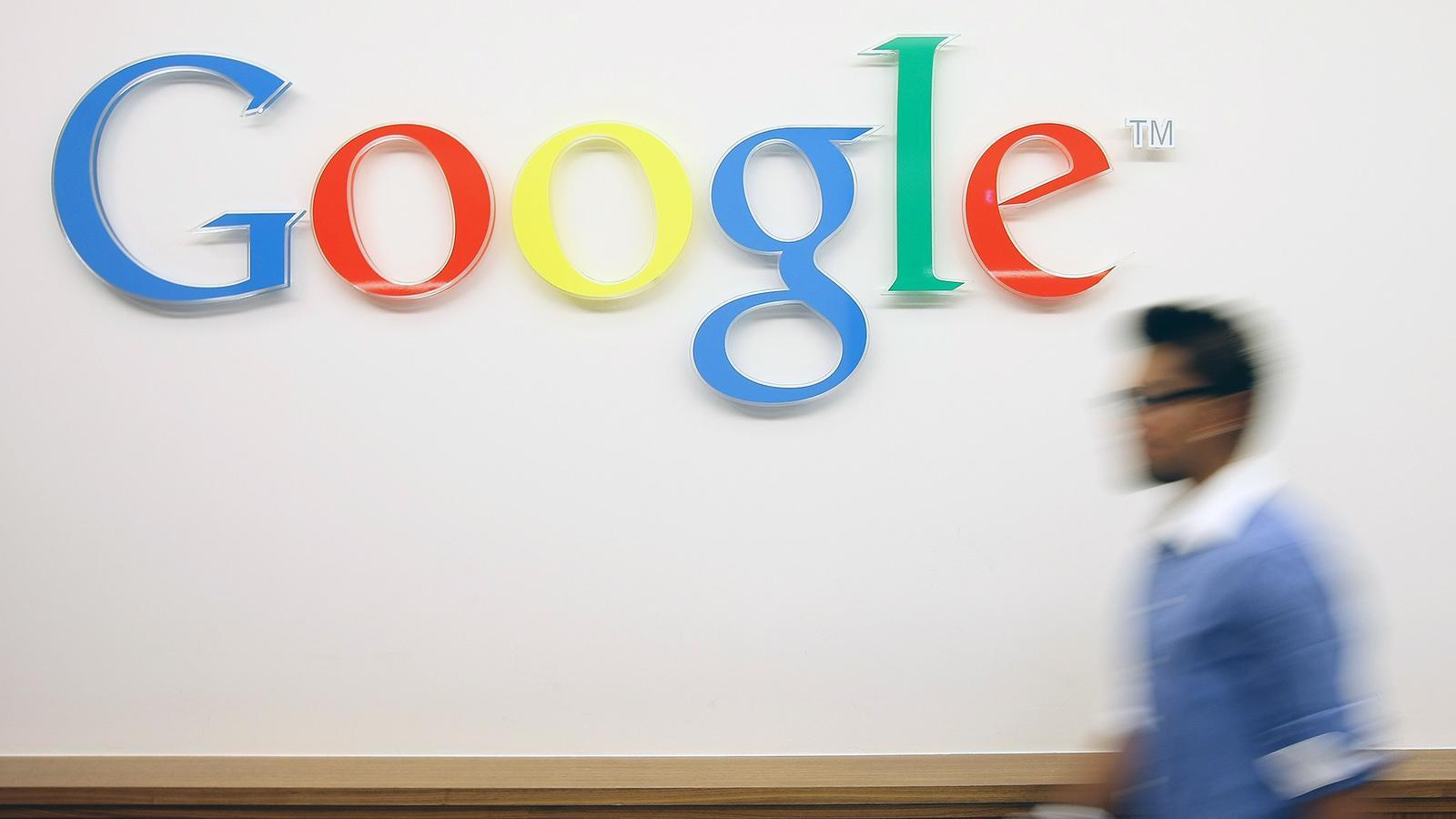Africa-Press – Gambia. Every company would be affected if the AI bubble were to burst, the head of Google’s parent firm Alphabet has told.
Speaking exclusively, Sundar Pichai said while the growth of artificial intelligence (AI) investment had been an “extraordinary moment”, there was some “irrationality” in the current AI boom.
It comes amid fears in Silicon Valley and beyond of a bubble as the value of AI tech companies has soared in recent months and companies spend big on the burgeoning industry.
Asked whether Google would be immune to the impact of the AI bubble bursting, Mr Pichai said the tech giant could weather that potential storm, but also issued a warning.
“I think no company is going to be immune, including us,” he said.
In a wide-ranging exclusive interview at Google’s California headquarters, he also addressed energy needs, slowing down climate targets, UK investment, the accuracy of his AI models, and the effect of the AI revolution on jobs.
The interview comes as scrutiny on the state of the AI market has never been more intense.
Alphabet shares have doubled in value in seven months to $3.5tn (£2.7tn) as markets have grown more confident in the search giant’s ability to fend off the threat from ChatGPT owner OpenAI.
A particular focus is Alphabet’s development of specialised superchips for AI that compete with Nvidia, run by Jensen Huang, which recently reached a world first $5tn valuation.
As valuations rise, some analysts have expressed scepticism about a complicated web of $1.4tn of deals being done around OpenAI, which is expected to have revenues this year of less than one thousandth of the planned investment.
It has raised fears stock markets are heading for a repeat of the dotcom boom and bust of the late 1990s. This saw the values of early internet companies surge amid a wave of optimism for what was then a new technology, before the bubble burst in early 2000 and many share prices collapsed.
This led to some companies going bust, resulting in job losses. A drop in share prices can also hit the value of people’s savings including their pension funds.
In comments echoing those made by US Federal Reserve chairman Alan Greenspan in 1996, warning of “irrational exuberance” in the market well ahead of the dotcom crash, Mr Pichai said the industry can “overshoot” in investment cycles like this.
“We can look back at the internet right now. There was clearly a lot of excess investment, but none of us would question whether the internet was profound,” he said.
“I expect AI to be the same. So I think it’s both rational and there are elements of irrationality through a moment like this.”
His comments follow a warning from Jamie Dimon, the boss of US bank JP Morgan, who told the BBC last month that investment in AI would pay off, but some of the money poured into the industry would “probably be lost”.
But Mr Pichai said Google’s unique model of owning its own “full stack” of technologies – from chips to YouTube data, to models and frontier science – meant it was in a better position to ride out any AI market turbulence.
Don’t blindly trust what AI tells you, says Google’s Sundar Pichai
‘It’s going to be really bad’: Fears over AI bubble bursting grow in Silicon Valley
Tech giants are spending big on AI in rush to dominate the boom
The tech giant is also expanding its footprint in the UK. In September, Alphabet announced it was investing in UK artificial intelligence, committing £5bn to infrastructure and research over the next two years.
Mr Pichai said Alphabet will develop “state of the art” research work in the UK including at its key AI unit DeepMind, based in London.
For the first time, he said Google would “over time” take a step that is being pushed for in government to “train our models” in the UK – a move that cabinet ministers believe would cement the UK as the number three AI “superpower” after the US and China.
“We are committed to investing in the UK in a pretty significant way,” Mr Pichai said.
However, he also warned about the “immense” energy needs of AI, which made up 1.5% of the world’s electricity consumption last year, according to the International Energy Agency.
Mr Pichai said action was needed, including in the UK, to develop new sources of energy and scale up energy infrastructure.
“You don’t want to constrain an economy based on energy, and I think that will have consequences,” he said.
He also acknowledged that the intensive energy needs of its expanding AI venture meant there was slippage on the company’s climate targets, but insisted Alphabet still had a target of achieving net zero by 2030 by investing in new energy technologies.
“The rate at which we were hoping to make progress will be impacted,” he said.
AI will also affect work as we know it, Mr Pichai said, calling it “the most profound technology” humankind had worked on.
“We will have to work through societal disruptions,” he said, adding that it would also “create new opportunities”.
“It will evolve and transition certain jobs, and people will need to adapt,” he said. Those who do adapt to AI “will do better”.
“It doesn’t matter whether you want to be a teacher [or] a doctor. All those professions will be around, but the people who will do well in each of those professions are people who learn how to use these tools.”
For More News And Analysis About Gambia Follow Africa-Press






